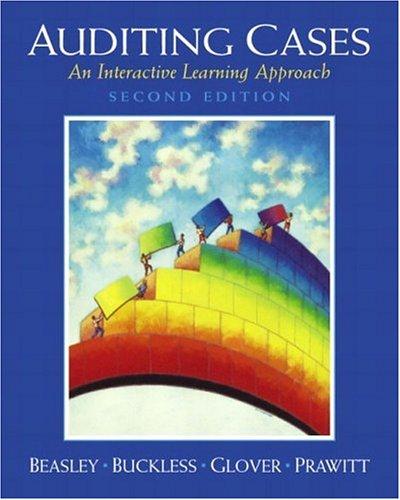Answered step by step
Verified Expert Solution
Question
1 Approved Answer
1. Optimal Income Taxation: 60 points After Pawnee and Eagleton merged to become Pawgleton, Leslie Knope was tasked with redesigning the income tax system for


Step by Step Solution
There are 3 Steps involved in it
Step: 1

Get Instant Access with AI-Powered Solutions
See step-by-step solutions with expert insights and AI powered tools for academic success
Step: 2

Step: 3

Ace Your Homework with AI
Get the answers you need in no time with our AI-driven, step-by-step assistance
Get Started


